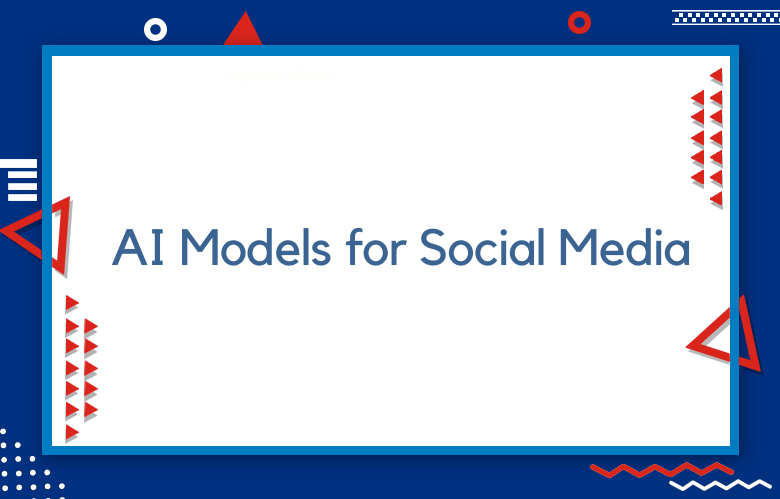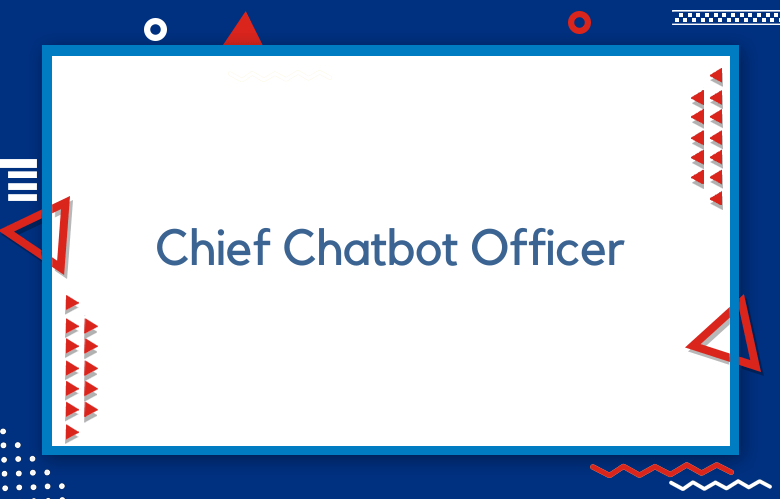AI Models for Social Media

Social media has become a crucial aspect of brand marketing strategies across industries. To stay ahead in the game, social media managers must constantly innovate in messaging, targeting, and distribution to ensure their content gets maximum engagement. However, standing out from the crowd can be challenging, with over 3.6 billion people using social media worldwide. This is where Artificial Intelligence (AI) Models for Social Media come in. In this article, we explore the benefits of these models and how they can help brands connect better with their target audience.
What are AI Models for Social Media?
AI models are computer algorithms that analyze the patterns in human behavior on social media. These algorithms learn from the data available on social media platforms and use it to make decisions.
The ultimate goal of these AI models is to help businesses and marketers to improve their strategies and serve their customers better.
AI models can help analyze customers’ sentiments, track their preferences, and suggest their desired products or services.
How AI Models are revolutionizing Social Media?
Social media is an integral part of our lives. The rise of social media platforms has brought about a significant change in how we interact and communicate.
With the ever-growing number of social media users worldwide, organizations of all sizes have taken advantage of these digital platforms to reach their target audience.
The use of Artificial Intelligence (AI) in social media is a phenomenon that has been around for a while.
AI has transformed how social media operates and impacted the entire industry in many ways. We will discuss how AI models are revolutionizing social media.
The Rise of AI Models for Social Media?
The world of social media has been growing exponentially over the past few years. It has become an integral part of our daily lives and an essential communication tool for individuals, businesses, and governments.
The immense growth of social media platforms has led to an influx of data humans cannot manage or process effectively alone.
Enter AI models for social media. We will explore the rise of AI models for social media, their benefits and challenges, and their future.
AI models have revolutionized how we interact with social media by automating mundane tasks and providing personalized content, recommendations, and relevant insights.
Machine learning algorithms use large data sets to identify patterns and trends, which can be used to predict user behavior, improve engagement, and increase conversions.
AI models also provide valuable information that can help businesses analyze customer feedback, evaluate campaign performance, and identify areas of improvement.
AI Models for Social Media: Enhancing User Experience?
Artificial Intelligence (AI) has already revolutionized how we experience social media platforms.
With its ability to collect, process, and analyze large amounts of user data, AI models have the potential to enhance user experiences and make social media platforms more interactive and personalized.
In today’s digital age, people look for personalized content, and AI models can help social media platforms to deliver just that.
We will discuss some AI models used on social media platforms to enhance user experiences.
What is the future of AI Models for Social Media?
The future of AI models for social media is promising. As technology continues to evolve, more advanced AI models will be developed.
These models will be able to provide a more personalized and efficient experience for customers.
They will also help businesses to understand their audience better and make more informed decisions. However, companies need to ensure that their AI models are ethically designed and provide value to their customers.
What are the benefits of AI models for Social Media?
Smarter targeting
AI models for social media can help brands better understand their target audience by analyzing data from different sources, such as engagement rates, click-through rates, and bounce rates.
This data can be used to create more intelligent targeting strategies that deliver more personalized content to users. This can result in higher engagement rates, increased conversions, and better ROI.
Improved content creation
AI models for social media can also help brands create better content. This is done by analyzing several metrics, such as likes, shares, and comments, to understand which type of content performs best with a particular audience.
This feedback can inform everything from a post’s visual components to the caption’s tone and help content creators develop a more effective marketing strategy.
Predictive analytics
AI models for social media can be used for predictive analytics, helping brands stay ahead of the curve.
Predictive analytics can anticipate future actions and inform marketing strategies by analyzing patterns and trends in user behavior.
For example, social media managers can adjust their content accordingly if the AI model predicts that engagement rates will be lower on a particular day or time.
Natural Language Processing
AI models for social media can also use natural language processing to analyze language patterns and interpret sentiment.
This can help identify keywords that trigger engagement, as well as identify potential issues before they become significant problems.
It can also moderate comments and identify hate speech, protecting a brand’s online reputation.
Chatbots
AI models for social media can also incorporate chatbots, allowing customers to connect with brands anytime.
Chatbots can help answer frequently asked questions, offer customer support, and provide personalized product recommendations.
This can be done without human intervention, allowing social media managers to take a more hands-off approach.
Types of AI Models for Social Media?
NLP Models
NLP or Natural Language Processing models are used extensively by social media platforms to analyze the text content shared on the network.
These models help platforms detect sentiment, determine the context of sentences, and even identify fake news.
Facebook’s anti-misinformation technology is an example of such a model, which detected 98% of the false news shared on the platform.
Social media platforms also use these models to understand user intent, enabling them to serve personalized recommendations.
Image and Video Recognition Models
Social media platforms also use image and video recognition models to analyze shared visual content. These models help platforms automatically tag and categorize visual content and detect inappropriate content.
Facebook’s DeepFace algorithm is an example of such a model, which can accurately recognize faces in photos and videos. Instagram also uses a similar model to provide users with personalized image and video recommendations.
Recommender Systems
Recommender Systems have become a hallmark of social media platforms, where they use AI models to provide users with personalized recommendations. These models use search history, preferences, and connection patterns.
These models have been so effective that its AI system recommends 60% of videos on YouTube that people watch. Facebook’s News Feed algorithm is also a recommender system, which uses data on a user’s newsfeed interactions to suggest more content and connections.
Conclusion
AI models for social media are not just a trend but an essential component of modern marketing strategies.
By using AI to improve targeting, content creation, predictive analytics, natural language processing, and chatbots, brands can connect better with their target audience, stay ahead of the curve, and generate higher ROI.
The key to success lies in partnering with a reliable technology provider that offers a customized solution tailored to each business’s unique needs.
Call: +91 9848321284
Email: [email protected]



